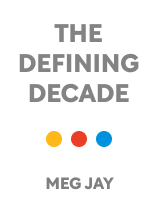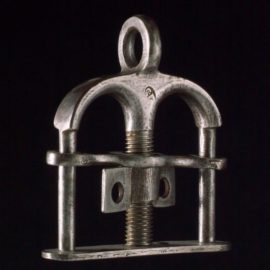

This article is an excerpt from the Shortform book guide to "The Defining Decade" by Meg Jay. Shortform has the world's best summaries and analyses of books you should be reading.
Like this article? Sign up for a free trial here .
Do you want to know how to make your resume stand out? What’s the best way to use your resume to find a great career?
Learning how to make your resume stand out can help you land any job you want. There’s a way to make your resume stand out no matter what’s on it, and what jobs you apply for.
Keep reading to find out how to make your resume stand out.
Make Your Resume Stand Out With a Good Story
Once you’ve committed to the idea of getting some practical experience, another problem emerges. How do you get a job with no experience to sell yourself with? How do you set yourself apart from all the other twenty-somethings looking for the same opportunities and sporting the same education-filled, experience-shy resumés? How do you leverage yourself with no leverage?
Coming out of college, your resumé is going to look very much like everyone else’s: emphasizing your educational credentials while short on experience. Fortunately, you can stand out with a good story. A story is a narrative about your interests and talents. When you’re in your twenties, and life is more about potential than experience, a good story is weighted far more than it will be later in life. Here’s how to make your resume stand out with a good story.
Your story must not be too simple or too complex. Stories that are too simple make you seem inexperienced and immature, but too complex and you seem disorganized. A story shows interviewers a link between your past, present, and future. Prospective employers want to know:
- What did you do before?
- How does that relate to what you want to do now?
- How might both of those elements get you to what you want to do next?
For example, if you worked for your school’s newspaper, examine what you loved about that and how it relates to the position you’re going for now. What was a specific aspect of that project or a unique skill you mastered that will help you achieve your five-year goal?
Interviewers know that a person’s goals for the future will change, and they don’t expect you to have an exact, definite plan. Nor do they expect you to gush that you plan to work at that particular company for the next twenty years because they know that’s unlikely. But they do want to see that you can connect your past to a reasonable vision for the future.

———End of Preview———
Like what you just read? Read the rest of the world's best book summary and analysis of Meg Jay's "The Defining Decade" at Shortform .
Here's what you'll find in our full The Defining Decade summary :
- Why the twenties are your most important decade
- How you were fooled into thinking it was an extended period of youth and freedom
- Why you should use this decade to find personal and professional success






